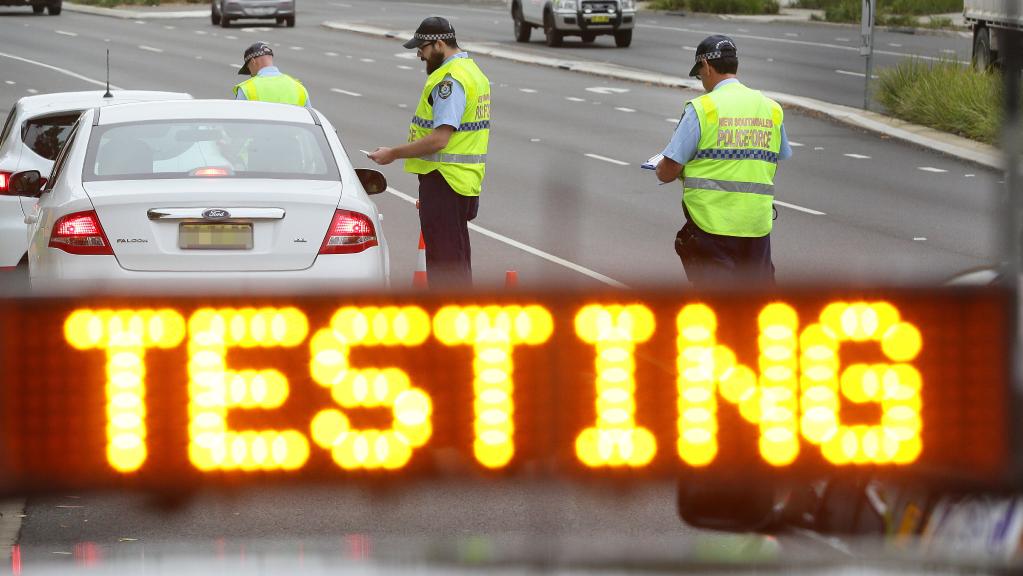Charged with Drink Driving?
GUILTY or NOT GUILTY Brady and Associates Lawyers can talk to you about how you should plead to a charge of Drink Driving. Usually at your first court date you will be required to tell the court whether you are guilty or not guilty. Our Principal Lawyer, Amanda Brady can appear on your behalf and do all the talking for you.

Many Drink Driving cases can be resolved with a plea of Guilty and proceed straight to sentence. This is because the prescribed amount of alcohol is either in your blood or it isn’t. An explanation of how it got there is often provided at sentence.
In circumstances where it is in issue as to who was driving, whether the car was in motion or on a public street, or whether the testing apparatus was functioning correctly you may wish to enter a plea of Not Guilty, contest the evidence and proceed to a full hearing.
Sentence
The final outcome for a drink driving charge will depend on the answer to a few important questions:
- What range of alcohol was detected. Does your penalty notice state High range, Mid-range, Low range, Special Range or Novice range?
- Is this the first time you have been charged with a drink driving offence, or have you been to court before for drink driving?
- Do you have good motor traffic history?
- Do you have a criminal history (particularly for alcohol related offences in the last 10 years)?
These questions have a big impact on the final sentence as the legislated penalties are built around the Prescribed Concentration of Alcohol detected in the blood and whether you have been charged before with the same type of offence.
What is Your Prescribed Concentration of Alcohol (PCA)?
Listed on your penalty notice will be the alleged prescribed range of alcohol in your blood. The reading will also be listed.
| High Range PCA | 0.15 or above blood alcohol concentration |
| Mid Range PCA | 0.08 to 0.15 blood alcohol concentration |
| Low Range PCA | 0.05 to 0.08 blood alcohol concentration |
| Novice Range PCA | > zero blood alcohol concentration for novice P plate drivers |
| Special Range PCA | > .02 blood alcohol concentration for special category drives |
Mandatory Interlock Programme
In NSW the penalties that a court can impose for drink driving offences and other offences listed in the Road Transport Act 2013 are affected by the NSW Mandatory Interlock Programme.
The Mandatory Interlock programme grants a conditional license on the basis that the holder only drives a vehicle fitted with an interlock device. A driver will blow into this device when they want their car to start. If there is any alcohol detected in the breath of the driver the car will not start.
A court application can be made for exemption from the programme. Special circumstances are required.
For a second Low or Mid-Range offence, and for all High Range Offences, Mandatory Interlock provisions apply. The order will be made by the Magistrate at Sentence. The Mandatory Interlock order will usually cause a significant reduction to the period of disqualification, yet imposes a period of time where the Interlock device must be fitted to the car.
The device must be fitted to the car by an authorised fitter (the RMS has a list of providers). This incurs a fee and applications can be made to the RMS for fee relief. It is an offence for a driver to try and “bypass” an interlock device.
We recognise the complexity that the Mandatory Interlock provisions cause. Brady and Associates Lawyers can assist you understand the provisions and how they affect you. We can advise you of your options and help find the best outcome for you.
If you have been charged with Drink Driving contact us today to arrange an appointment with our Principal Solicitor Amanda Brady.
